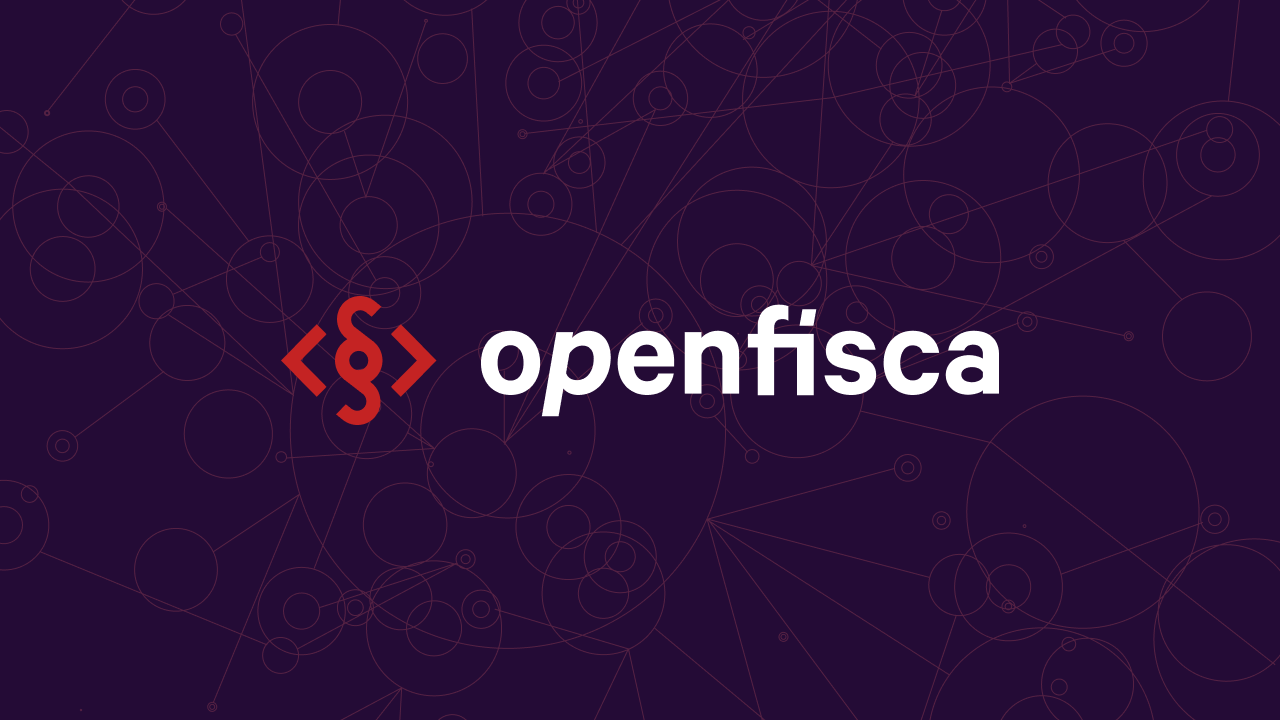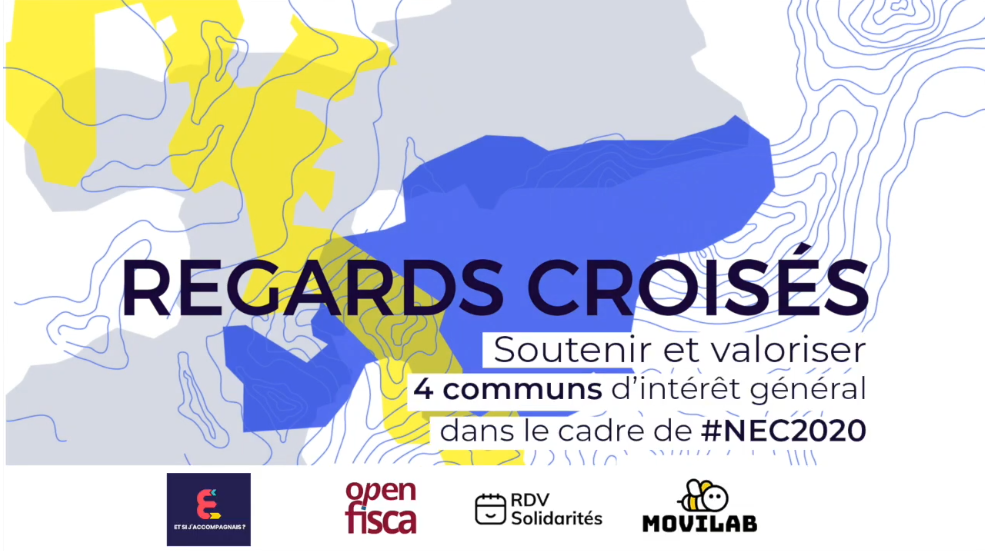OpenFisca is a digital commons project which, based on the observation that our social relationships are organized by rules (laws, regulations, customs, etc.), aims to describe some of these rules in computerized form in order to facilitate their understanding, simulation and implementation for the benefit of all.
Developed in France since 2011, OpenFisca is used today in France to assess the impact of new laws on citizens and on the State budget, as well as to enable users and beneficiaries to better understand their rights and obligations, thanks to simulators such as TaxIPP, LexImpact and MesAides.
OpenFisca is seen as the principal means of implementing the Rules as Code movement, as described by the OECD.
Recognized as Innovation of the Year at the World Government Summit, OpenFisca will be deployed on four continents by 2022.
While the project aims to ensure its long-term autonomy, the development, structuring and animation of its community are now major challenges.
Software tools, calculation formulas and templates
The project was initiated in 2011 within France Stratégie, in partnership with the Institut d'économie publique (IDEP). Etalab and the Direction Interministérielle du Numérique (DINUM) were major supporters of the project in its early stages.
OpenFisca is a set of software tools written in Python, the most widely used data science language. Its descriptive language (DSL) for writing calculation formulas and their legislative references enables administrations to efficiently share regulatory updates and mutualize maintenance costs by interconnecting rules.
Economists can use these models to determine the impact of any past, future or hypothetical reform on any population. "Its extension architecture and rich documentation federate national and local communities of public agents, as well as associative and private contributors, who collaborate to model the law and make it executable".
Current uses by public administrations
- In 2022, nearly 700,000 simulations enabled young people to assess their entitlement to more than 600 forms of assistance on the 1 jeune 1 solution simulator.
- The national social rights portal allows you to evaluate almost 60 different types of assistance.
- Pôle Emploi's Estime tool enables jobseekers to quickly estimate the evolution of their unemployment benefits should they return to work. Thanks to OpenFisca, the underlying information system was modernized in just a few months, and the user activation rate increased significantly as a result.
- In 2021, 122 simulations were carried out by members of parliament using the National Assembly's LexImpactsimulator, based on OpenFisca, and several were used during debates in session.
- In 2019, over 1.6 million households have been informed of their rights and over 420,000 have begun the process of applying for an allowance thanks to the Mes Aides simulator, which was launched on the basis of OpenFisca in 2014.
Several local authorities use OpenFisca to facilitate access to their social services: Paris, Rennes, Brest, Strasbourg...
With the support of ANCT, OpenFisca estimates local authority allocations to speed up and facilitate the creation of their annual budgets.
LexImpact: how does open simulation software measure the impact of a bill?
Since 2020, the French National Assembly has been providing MPs with a service called LexImpact, which enables them to simulate the effects of an amendment on the income tax scale, on the allocation to local authorities and on certain social security contributions, and to check the impact on typical cases as well as on public finances and their effect on income redistribution. This service is based on LexImpact simulation software, which uses the OpenFisca calculation engine, a free and open calculation engine created in 2011, to model the socio-fiscal system in a collaborative and transparent way.
Lire la suite : LexImpact: how open simulation software can measure the impact of a bill ?
OpenFisca in use around the world
- The city of Barcelona, Spain, uses OpenFisca to calculate welfare benefits for its residents.
- The PolicyEngine calculator models the British law.
- From 2023 to 2025, the Netherlands and Greece will be experimenting with OpenFisca modeling to create regulatory assistants.
- OpenFisca is evaluated in Canada by the federal government's Rules as Code department.
- The PolicyEngine calculator consolidates the tax rules of numerous US states.
- New Zealand uses OpenFisca to inform citizens about their eligibility for schemes such as Rates Rebates or SmartStart, and to document its legal rules.
- Australia uses OpenFisca to calculate eligibility for schemes such as the Energy Saving Scheme and for professional activities with Community Gaming Check.
- French Polynesia has modeled several taxes.
- Tunisia, Mali, Côte d'Ivoire, Senegal and the United Arab Emirates have prototyped calculations with OpenFisca.
Who develops the tool and has control over technical choices?
The source code for OpenFisca tools is available from the @OpenFisca organization on GitHub.
All shared tools are licensed under the AGPL. The French model is also AGPL-licensed. Each country model may have its own license, but most are AGPL-licensed.
OpenFisca's governance is community-based: any entity can suggest or directly contribute improvements. Nevertheless, the methods of orientation and final validation vary according to the components concerned: a distinction must be made between core elements (calculation engine, web API, legislation explorer, etc.), country models and extensions.
A core team, financed up to the time of writing mainly by French public bodies, oversees the evolution of shared elements, mainly through the enactment and application of quality rules (validation by tests, peer review, interoperability of functionalities, semantic versioning, automatic publication of packages...). It also invests in the technical evolutions required for stability and security. Features are proposed and implemented by community members according to their needs.
Country models are governed by the collective that publishes them.
In France, the evolution of the model is guaranteed by nearly a dozen administrations and research organizations, and relies on a mix of identified areas of responsibility (for example, Pôle Emploi is the most legitimate entity to model unemployment insurance rules) and peer code reviews to guarantee interoperability and readability.
In 2022 and 2023, this governance will be gradually extended and formalized to guarantee its legibility and sustainability.
Références :








